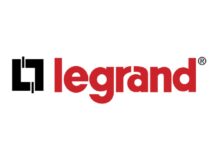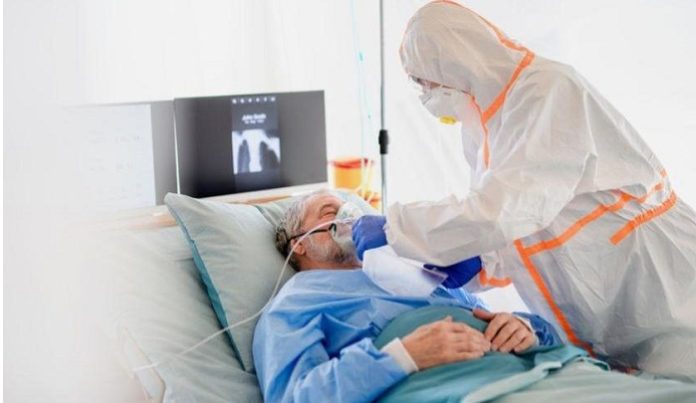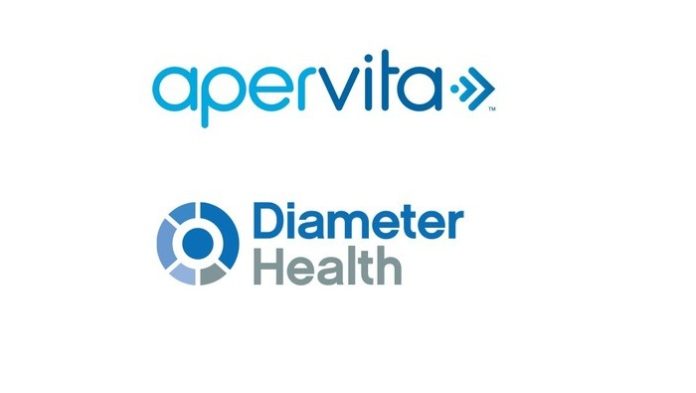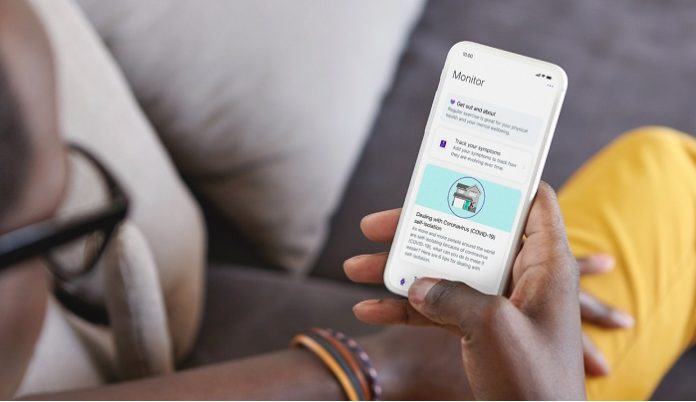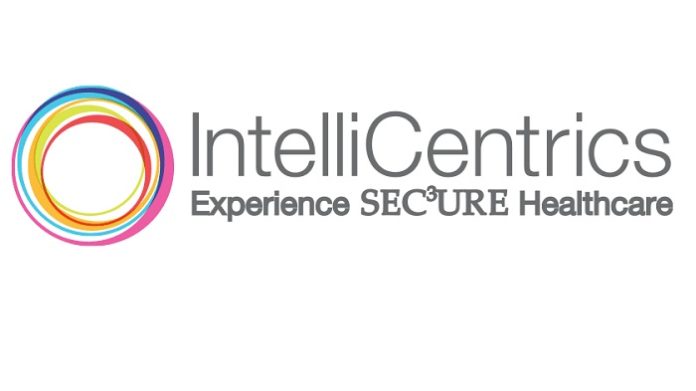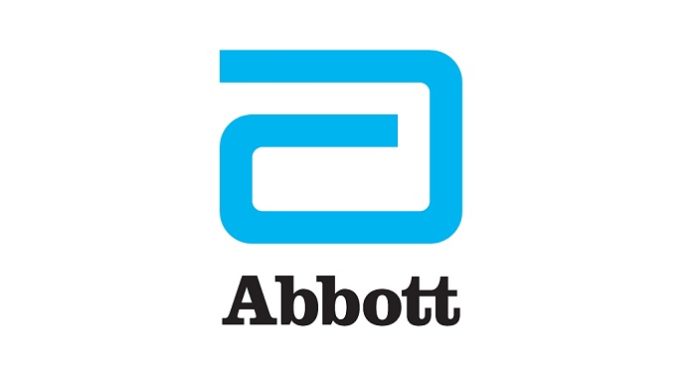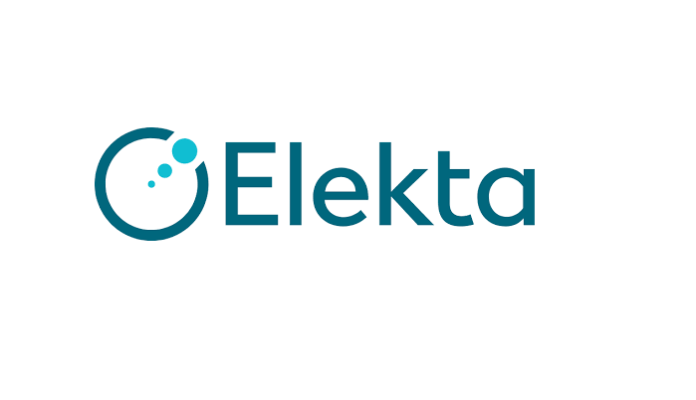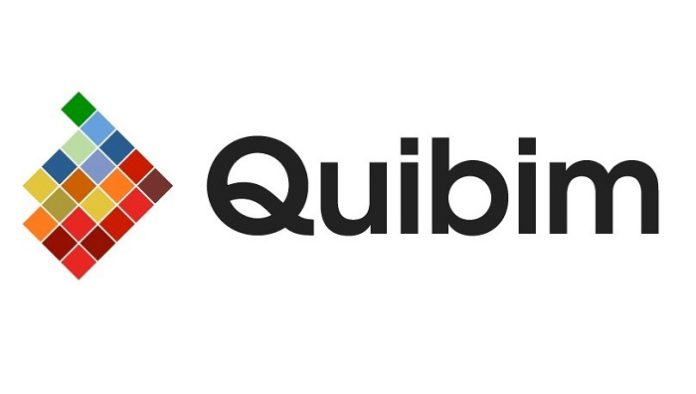AiCure, an AI and data analytics company focused on improving clinical trials, and OncoBay Clinical, a full-service boutique contract research organization (CRO) specializing in the simplification of complex oncology programs, announced a strategic partnership to provide oncology sponsors with scalable, AI-powered insights to improve patient care and optimize drug development. A subsidiary of the Moffitt Cancer Center, OncoBay will make AiCure’s proprietary AI platform available for oncology trials, providing sponsors and sites with a more holistic understanding of patient health and site optimization.
“Cancer treatment – particularly during clinical trials – is a complex experience for patients both physically and emotionally. By partnering with OncoBay, we hope increased access to technology will help improve the quality of life for these patients and make their treatment journey as simple as possible,” said Ed Ikeguchi, M.D., CEO of AiCure. “Through their own smartphones, patients are able to get much needed support without leaving their homes. Enhancing the quality of trial data collected in between clinic visits will also help sites with decision-making to create meaningful, data-driven trials.”
The oncology drug pipeline has grown by 63% since 2013, but the average success rate of oncology drugs is only 3.4%. To address this discrepancy and the unique challenges of oncology trials, particularly given the complex treatment regimens, AiCure and OncoBay aim to improve patient support and trial retention, while also providing sponsors and sites with greater visibility into patient behavior. Through AiCure’s patient engagement solution, Patient Connect, oncology sites can remotely monitor patients and use real-time communication tools to guide them through complex treatment protocols, including which medication to take and when, as well as allow direct access to a clinician. Verified patient compliance information makes pharmacokinetic data instantly more robust, and these actionable insights into trial and site performance empower sponsors to make proactive, data-driven decisions, ultimately accelerating trial timelines and lowering costs of high-quality drugs.
“With oncology’s data landscape growing in complexity, we need to arm our sponsors with the tools to drive informed decisions that will improve study outcomes,” said Krystyna Kowalczyk, President and CEO of Oncobay Clinical. “By partnering with AiCure and leveraging their unique AI-powered insights, our sponsors will gain a deeper understanding of patient behavior through high-quality data capture and develop comprehensive views of the impact of study drug administration and compliance on other data points. We’re excited to further our overall mission of collaborating with innovative, forward-thinking companies to make a difference for our customers and their patients.”













